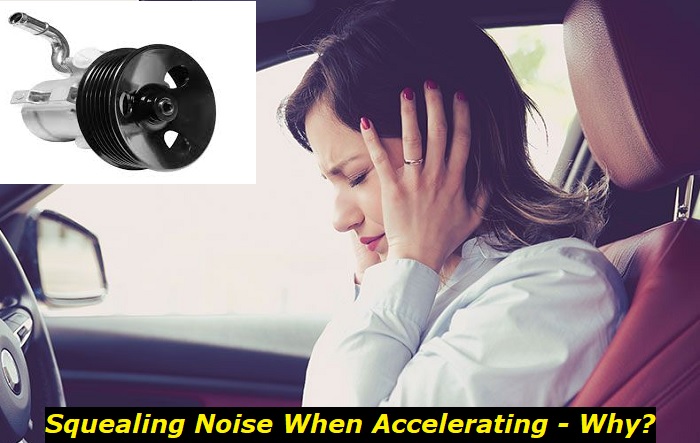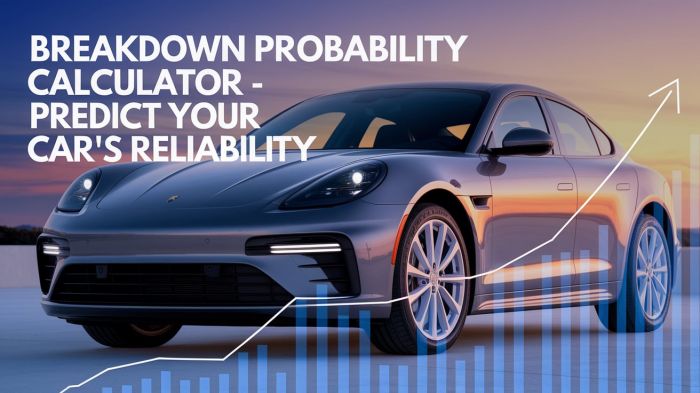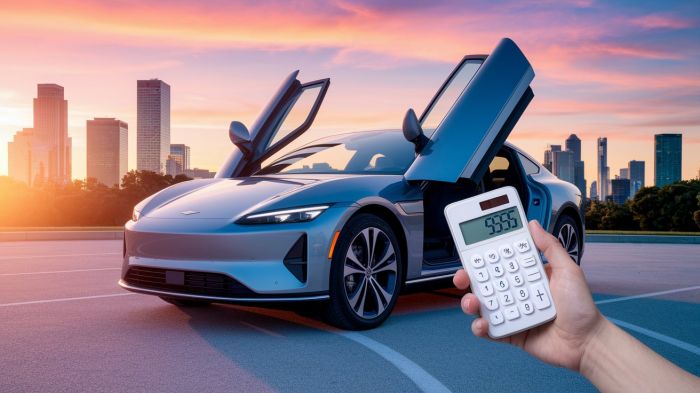Hearing a squealing noise when accelerating is a really concerning issue. Not only is the noise grating and bone-rattling, but it's also annoying and embarrassing. The noise could range from a short quick squeak to a high-pitched screech that seems to drag on forever. If you're trying to fix this problem in your car, the first thing you'll want to do is figure out what's causing it. What does it mean when your car makes a squealing noise when you accelerate?
Generally, a squealing noise in your car implies that one of the moving surfaces in the vehicle is worn or slipping. There are several surfaces that this could happen to. for example, one of the belts in the engine could be loose or worn. The sound could also be caused by worn or damaged brake pads. There are also many other causes, such as transmission problems, faulty wheel bearings, or a problem with the exhaust system.

Clearly, there are many potential causes of a squealing noise when your car accelerates. In this article, we'll take a look at the most common potential causes of this problem. We'll also discuss what needs to be done to get rid of the squealing noise when you accelerate. Once you figure out what's causing the noise, you'll know whether it's a quick fix or a bigger problem.
What Are the Causes of Squealing Noises When Accelerating
The squealing noise when you accelerate is not only annoying, but it could also be a sign of a serious problem in your car. The noise shouldn't be ignored for too long, because there's a potential for the problem to worsen with time.
Before you can figure out how to fix the problem, you'll need to know the possible causes of a squealing noise when you accelerate. Some of these causes are minor issues that are easily fixed, while some of them are bigger problems that require more intensive repairs.
Here are some of the potential causes of squealing noise when you accelerate your car.
1) Loose or Worn Belts
One of the most common causes of a squealing noise when accelerating is a result of a loose or worn-out belt in the engine. Car engines make use of several different belts, each responsible for transmitting power from one part of the engine to another component. Some belts that are present in your engine are the belts in the air conditioning system, the power steering, and the alternator.
These belts operate under a lot of friction and tension, which can cause them to become slack or worn out. When this happens, the belt can slip on the pulley producing a squealing sound. If the source of the squealing noise when you accelerate is coming from the front of your car, then is likely to be a belt issue.
2) Brake Issues
Another common culprit whenever you hear a squealing noise in your car is a problem with your brakes. Many drivers are familiar with the squeal of bad brakes, and you might believe that bad brakes will only squeal when you're trying to bring your car to a stop. However, bad brake pads can squeal even when the car is accelerating.
This is because the brake pads in your car contain a metal tab that flips out and contacts the rotor when the brake pads have worn too thin. This is a built-in safety feature that alerts you to let you know when your brake pads have worn down to a dangerous level.
In some other cases, the brake pads can make a squealing sound if the pads are not properly aligned with the rotors. This will cause the brake pads to come in contact with the rotor even when the brakes have not been applied, Producing a squealing noise.
If the squealing sound is coming from the wheels of your car, then it is likely to be a brake issue. Brake issues should be treated as quickly as possible, because the stopping power of your car may be compromised. This makes it very unsafe to drive.
3) Worn Wheel Bearings
Another very common cause of a squealing noise when accelerating is a problem with the car's wheel bearings. A wheel bearing is a set of steel balls held together in a metal ring. Wheel bearings help to support the weight of the vehicle and allow the wheel to spin smoothly. Wheel bearings experience a lot of friction as they operate, and they're subject to wear and tear.
When the wheel bearings go bad, the wheel may not be able to spin freely. This can cause a lot of friction and grinding that produces a squealing noise. You might also hear a clicking sound or a growling sound coming from the wheels.
The giveaway sign that the sound is coming from bad wheel bearings is when the sound increases in volume along with the speed of the car. If the sound gets louder as you accelerate, then it is almost definitely a case of worn wheel bearings.
4) Bad Catalytic Converter
A possible sign of a bad catalytic converter is when it begins to make a rattling or squealing noise when the car accelerates. The catalytic converter is a device fitted to your car's exhaust system that captures harmful exhaust gases and converts them into less toxic forms before releasing them into the environment.
If your car's engine has been running rich, that is there is too much fuel and not enough air in the combustion chamber, then the catalytic converter can become clogged with carbon deposits. This will lead to several complications and other problems with performance, and will also produce a squealing noise when you try to accelerate.
If you suspect that the squealing noise is caused by a clogged or faulty catalytic converter, then you will need to have it inspected as soon as possible. A clogged catalytic converter is prone to overheating, and can even cause the car to catch fire.
5) Exhaust System Blockage
A blockage in the exhaust system will obstruct the flow of exhaust gasses, which can result in the exhaust creating a squealing noise. If the sound of squealing is coming from the rear of the car, then the culprit is most likely a blocked or damaged exhaust system.
If there is a problem with the exhaust system, it will need to be dealt with as soon as possible. Improper elimination of exhaust gasses can lead to problems with combustion and reduced engine performance.
6) Transmission Problems
A squealing noise when accelerating can also be caused by an issue with any part of the transmission. The transmission contains many different moving parts that transfer energy from the engine to the wheels. The transmission is also responsible for shifting gears to adjust the speed of the wheels.
When one of these parts develops a fault that causes the transmission to slip or not shift smoothly, it can result in a squealing sound. These problems could also result in jerky acceleration and less responsive acceleration.
If the squealing noise seems to be coming from beneath the hood or underneath the car and is accompanied by a jerking or slipping sensation when you accelerate, then it is likely to be a transmission issue.
How to Get Rid of a Squealing Noise When Accelerating Your Car?
Getting rid of the squealing noise in your car is often tricky because there are so many different possible causes of it. The simplest way to fix the issue is to get a mechanic to take a look at your car. They'll be able to identify the source of the problem and inform you of the steps that need to be taken to fix it.
Depending on the cause of the issue, you might need to perform one of the following procedures.
- Tighten or replace any loose or worn engine belts.
- Realign the brake rotors.
- Replace any worn brake pads.
- Repair or replace worn wheel bearings.
- Replace the catalytic converter.
- Repair the transmission problem.
How to Prevent the Squealing Noise from Appearing in Your Car
Problems that cause a squealing noise in your car are often the result of poor maintenance or aggressive driving, though many times these problems simply come about as a result of age.
To prevent this problem from coming up in your car again, make sure to regularly service your car and deal with any failing parts promptly. You should also make sure to replace any old components before they start to break down and cause trouble.
Conclusion
A squealing noise when accelerating in your car can be caused by a variety of things, like a loose or worn belt, brake problems, a wheel bearing issue, a clogged catalytic converter, or a transmission issue.
Figuring out what's causing the noise can help you determine the best course of action to fix it. If you're not sure what's causing the noise, take your car to a mechanic for an inspection. Taking care of the problem sooner rather than later will save you from more serious and expensive repairs down the road.
About the authors
The CarAraC research team is composed of seasoned auto mechanics and automotive industry professionals, including individuals with advanced degrees and certifications in their field. Our team members boast prestigious credentials, reflecting their extensive knowledge and skills. These qualifications include: IMI: Institute of the Motor Industry, ASE-Certified Master Automobile Technicians; Coventry University, Graduate of MA in Automotive Journalism; Politecnico di Torino, Italy, MS Automotive Engineering; Ss. Cyril and Methodius University in Skopje, Mechanical University in Skopje; TOC Automotive College; DHA Suffa University, Department of Mechanical Engineering






Add comment